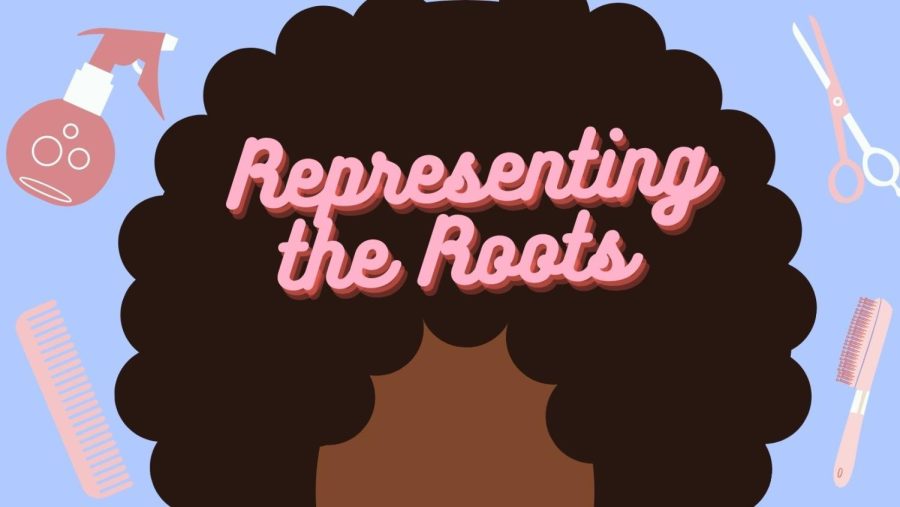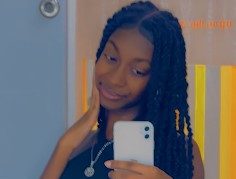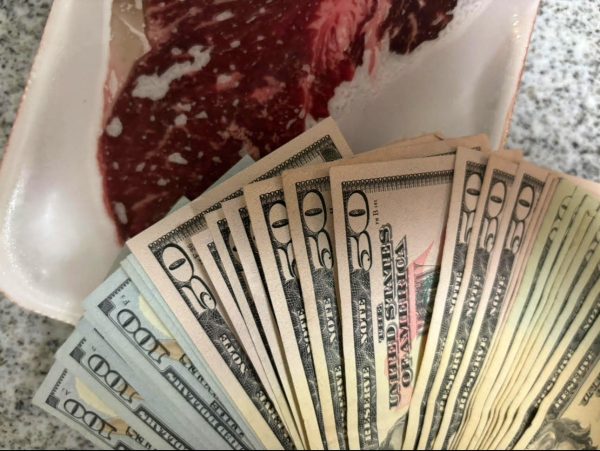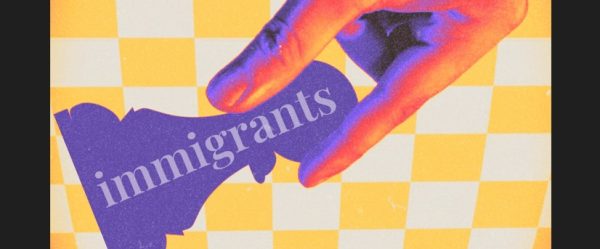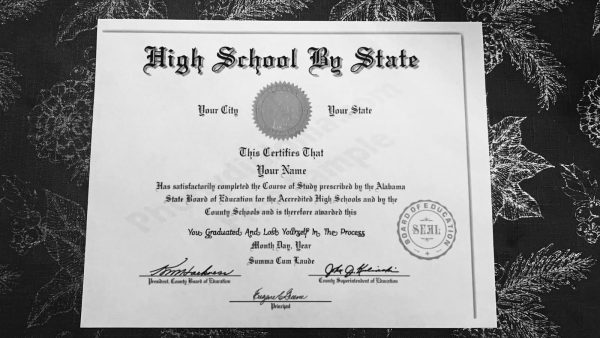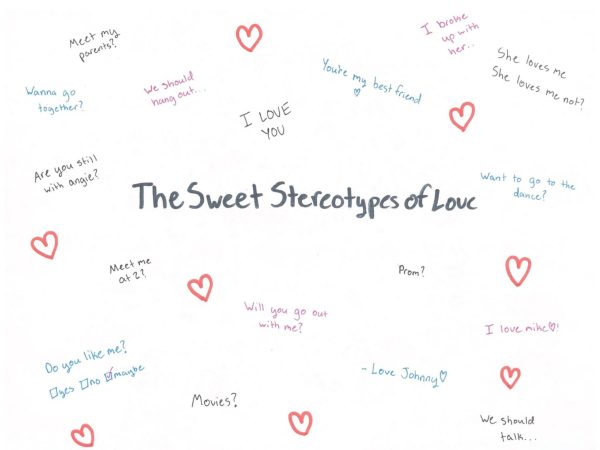Representing the Roots
For years women with ethnic hair faced discrimination for their hair type and texture. From relaxers to box braids, the hair standards certainly changed with the times. However the lack of ethnic hair representation remains somewhat unchanged.
December 13, 2021
Almost every day Black and Afro-Latina women face constant hate and discrimination. Society causes these women to feel ashamed of their ethnic hair. As a result, the entertainment industry, social media industry, and the labor market undermine women’s ability to realize the true beauty and significance of their kinks and curls.
The curls, kinks, and coils in ethnic women’s hair truly represent heritage and background. Dating back to the 60s and 70s, black people used their natural hair as a symbol of black power and excellence. In the early 20s through the 50s, black women wore wigs, sew-ins, and wavy bobs to look similar to white women’s hair. In the 60s, the Black Power Movement began and allowed black women to feel comfortable wearing their curls and fros. By the 70s braids became popular in the black community. From afros to cornrows to dreadlocks, each hairstyle represents one’s pride in their ethnic hair.
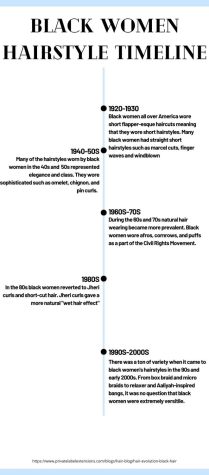
Over the years, people have changed their perception of ethnic hair. The film industry plays a big part in this issue. In the 80s women with ethnic hair wore wigs, weaves, and synthetic hair. For example, in the 80s film, Bad Hair, the main character, a black woman with natural hair, received criticism for wearing her hair naturally. In turn, she decided to wear a long weave in order to succeed in her music television career. In the 90s sitcom Fresh Prince of Bel-Air, upper-class black women wear their hair straight. The popular sitcom, Martin represented the majority of the women in the show with permed hair. The 90s movie Set it Off, starring Queen Latifah, represented the popular black hairstyle, cornrows, as “hood” or “ghetto”. However, by the early 2000s, black women reverted back to wearing their hair heat styled. As of 2005, 70-80% of black women often wore their hair permed or straightened.
Even when the film industry attempts to add actors with natural hair, they rarely add women without loose curls. For example, the film industry uses actors such as Zendaya and Halle Berry to add black characters to shows and movies. They refrain from using actors or actresses with kinky or afro hair. Due to untrained hair stylists in the industry, shows with Black or Afro-Latina characters wear wigs or straighten their hair on set. From loose type 3A curly hair to coiled 4c hair, no woman in the industry should feel the need to tuck away their tresses.
“I don’t think that people understand our hair… they don’t understand that we’re different, and yet, the same. What I find is that hair is something that a lot of people don’t honor when you do film…This is not okay. This will never be okay. This needs to change.” said actress Viola Davis.
This social stigma also affects Latina people with natural hair. Due to the widespread Eurocentrism in America, people equate Latina people with fair skin and dark, straight or wavy hair. In certain Latinx communities, people use the term Pelo Malo to describe textured hair, making curly hair seem undesirable. Additionally, the media only features Latinas such as Jennifer Lopez and Eva Longoria. However, black women and Afro-Latinos during the beginning of the early 2010s brought forth a resurgence of natural hair care. More recently, the industry began to represent Afro-Latinas such as Tessa Thompson and Amara La Negra.
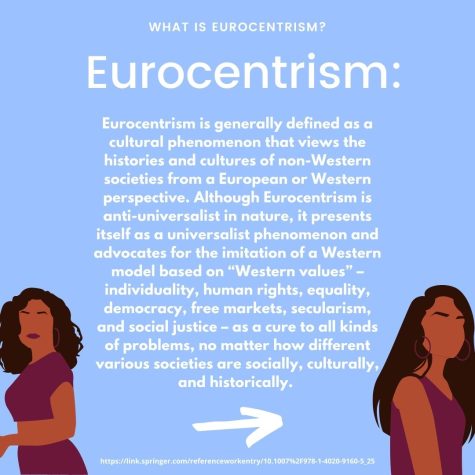
“Hair discrimination is racial discrimination, and we ought to recognize that at the national level, too…” US Department of Transportation Secretary Pete Buttigieg said.
Even though wearing natural hair has become more popular, society and the media fail to represent it. In 2016, researchers at the Perception Institute conducted a survey to see whether Americans show any type of bias toward women with natural hair. This survey showed that black women notice a level of social stigma against their natural hair; in fact, 1 out of 5 black women also felt pressured to straighten their hair in the workplace. The survey also concluded that the majority of the participants, regardless of race, showed prejudice towards black women with natural hair.
Black women spend nine times more money on beauty and grooming products than the average consumer and some spend thousands of dollars on natural hair care products in a single year. Currently valued at 2.5 billion dollars, the black hair care market gradually grows each year. Black women also spend nearly 7.5 million dollars per year on beauty products alone. The versatility among black hairstyling most likely contributes to the amount of money Black people spend on their hair. A Black woman’s “hair schedule” might consist of twist-outs, wash and go, wigs, and weaves. Each of these hairstyles requires a substantial amount of products and money. 70% of Black women also prefer using more expensive hair products with a reduced amount of chemicals, which once again contributes to the black hair care market.
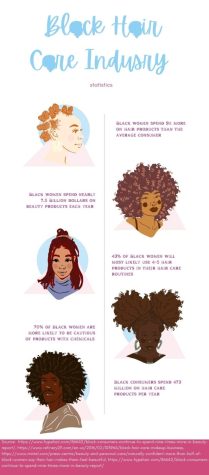
States such as New York, California, Wisconsin, and Tennessee all proposed legislation to ban hair discrimination against women with ethnic hair. California’s Crown Act, passed by Ilhan Omar, ensured that women would not face hair discrimination in the job market or in public schools. This act also refers to anti-black discrimination towards features such as darker skin and curly hair.
If the economy supported more black-owned hair care businesses, women with natural hair would feel inclined to embrace their hair. Black entrepreneurs start with, on average, $35,000 in capital compared to $107,000 for their white counterparts. In turn, many black-owned hair companies end up remaining small or selling out to larger white-owned hair companies. For example, Carol’s Daughter, originally owned by a black woman, sold out to the larger white-owned company L’oreal.
Even though black women are growing to love and wear their natural hair, society still does not accept them. When searching for jobs, black women with natural hairstyles are less likely to receive a job interview as opposed to women with straight hair. Westernization caused this unfair bias by pushing the narrative that Black and Afro Latina women should fit the standards of White women in America.
Researchers from the Duke Fuqua School of Business gave two groups of participants images of one black female job candidate. In one photo she wore her hair straight and in the other, she wore it natural. The groups decided that her picture with straight hair appeared more polished and professional. The participants also considered natural hair unprofessional and incompetent. This experiment demonstrates a fraction of society’s warped mentality about natural hair.
Regardless of stereotypes, Natural hair influencers continue to pave the way for women who look to embrace their ethnic hair. For example, Jewelliana Palencia, an afro Latina curly hair influencer specializes in hair care routines and hair maintenance videos. Another afro Latina influencer, Jasmine Brown also promotes curly hair care and promotes natural hair products such as The Mane Choice and TGIN (Thank God It’s Natural). She even released a Youtube series about how to maintain straight curly hair.
According to Mintel, 40% of Black women reported that they were most likely to wear their hair in its natural form without any added heat, while 33% of Black women said that they would wear their hair in its natural form, but also use added heat to straighten their hair. This proves that recently, more black women feel inclined to rock their natural hair.
Society must learn to accept women with ethnic hair. The industry needs to break the unfair Eurocentric standards upheld for ethnic-haired women and let them know that their hair builds their character. Women with kinks and curls should not feel ashamed to wear their hair out in public. They should take back their right to their hair.




